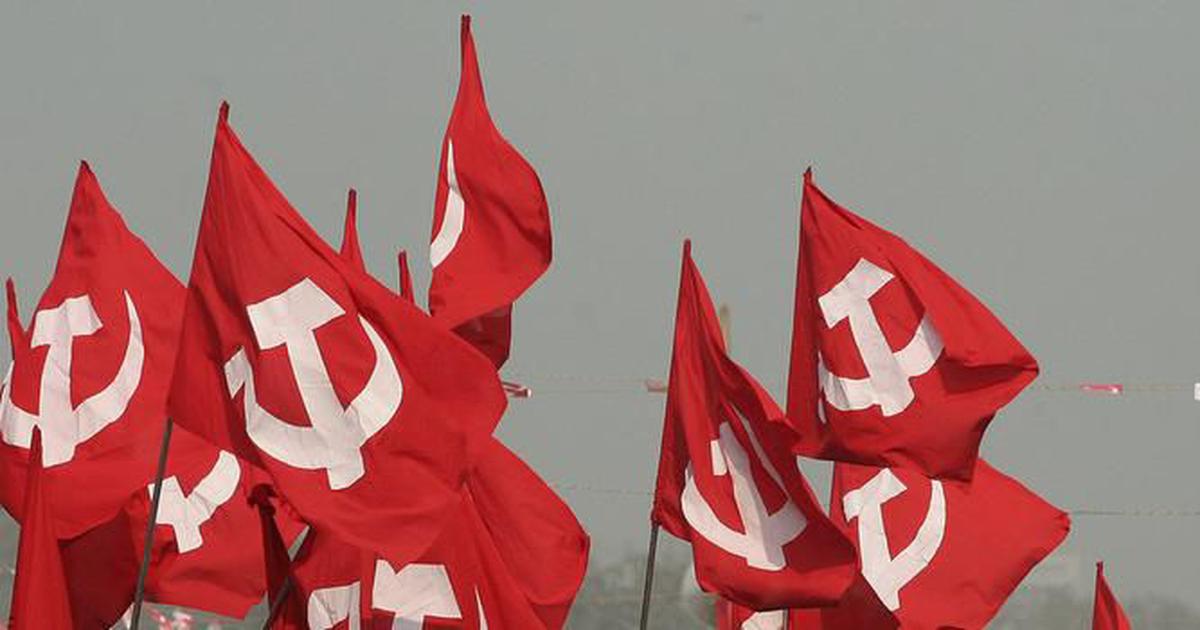Even in India, a country where the persecution of Christians continues unabated, businesses want to cash in on the festivities around Christmas. Even in New Delhi malls, Christmas carols can be heard this month. A carol that I personally find very touching is called O Holy Night.
O Holy Night – which is Cantique de Noël in the original French – was composed in 1847 by Adolphe Adam. As you hear O Holy Night you might notice the themes of emancipation in the third verse:
Truly He taught us to love one another;
His law is love and His gospel is peace.
Chains shall He break for the slave is our brother;
And in His name all oppression shall cease.
Sweet hymns of joy in grateful chorus raise we,
Let all within us praise His holy name.
The English version was written in 1855, six years before the American Civil War and eight years before the Emancipation Proclamation, which was President Abraham Lincoln declaring that the slavery of African Americans had ended. O Holy Night, it turns out, was a song of political resistance and protest. Imagine white Americans singing the lyrics in the years leading up to the Civil War, “Chains shall He break for the slave is our brother; And in His name all oppression shall cease.”

When you look at the original French poem the themes of emancipation are even stronger. A more literal rendering of the third verse:
The Redeemer has overcome every obstacle:
The Earth is free, and Heaven is open.
He sees a brother where there was only a slave,
Love unites those that iron had chained.
Who will tell Him of our gratitude,
For all of us He is born, He suffers and dies.
Those are powerful lyrics but especially in the context of oppression whether of the Africans in the Americas or, nearer home, of the lowered castes, the Bahujan.
It is only because we follow Him that we could make the sacrifices required to start and continue the work of Forward Press. It was because they were committed followers of Jesus that some white Americans fought for the abolition of slavery of Africans in America. Mahatma Jotiba Phule recognized this when he dedicated his 1873 book ‘Gulamgiri’ (Slavery) to these “good people of the United States”. It was because of his faith in Jesus and belief that all humans were created equal, that British MP William Wilberforce fought for the abolition of slavery across the British empire, the Abolition of Slavery Act being passed on 26 July 1833 – just three days before his death.
In the book of Luke (in the Bible) we read about Jesus:
And he came to Nazareth, where he had been brought up. And as was his custom, he went to the synagogue on the Sabbath day, and he stood up to read. And the scroll of the prophet Isaiah was given to him. He unrolled the scroll and found the place where it was written,
“The Spirit of the Lord is upon me,
because he has anointed me
to proclaim good news to the poor.
He has sent me to proclaim liberty to the captives
and recovering of sight to the blind,
to set at liberty those who are oppressed,
to proclaim the year of the Lord’s favor.”
And he rolled up the scroll and gave it back to the attendant and sat down. And the eyes of all in the synagogue were fixed on him. And he began to say to them, “Today this Scripture has been fulfilled in your hearing.”
Neither Wilberforce nor those who worked for the emancipation of slaves in America were trying to “convert” anyone. They did what they did because that was their DNA as bearers of the Spirit of the One who came to “set at liberty those who are oppressed”. This is something that those who are not followers of Jesus will find hard to understand. That everything is not transactional. Everything doesn’t have to be for some personal gain. Unless the gain is something that will benefit humanity.
My prayer this Christmas is that the same Spirit will be poured on the Bahujan of India and collectively they can work for their freedom from oppression and that one day all Indians will see one another as brothers and sisters.
Forward Press also publishes books on Bahujan issues. Forward Press Books sheds light on the widespread problems as well as the finer aspects of Bahujan (Dalit, OBC, Adivasi, Nomadic, Pasmanda) society, culture, literature and politics. Contact us for a list of FP Books’ titles and to order. Mobile: +917827427311, Email: info@forwardmagazine.in)





